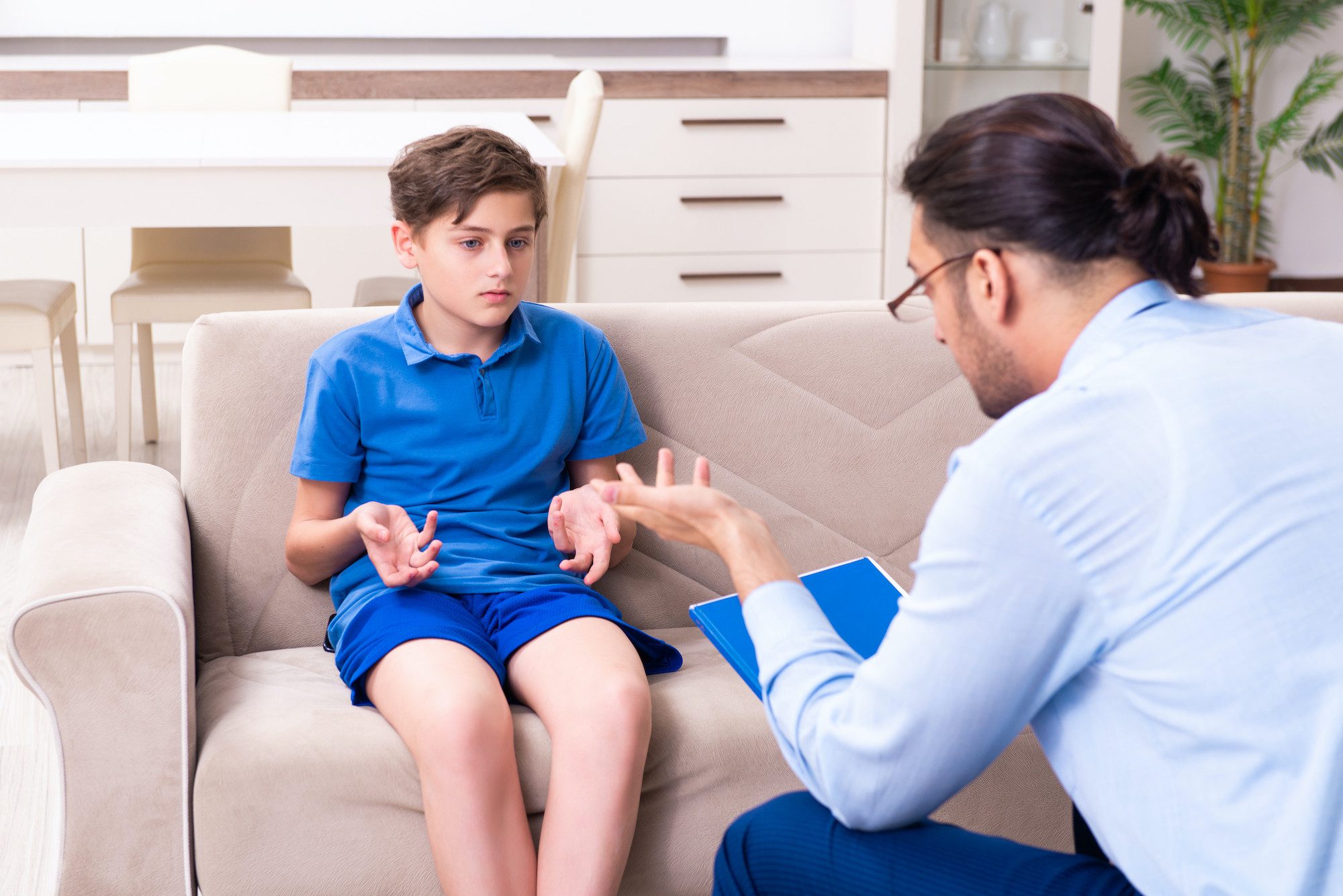CBT Snapshot: Using Cognitive Behavior Therapy for PTSD

Posted in: Grade School, Parenting Concerns, Stress
Topics: Mental Illness + Psychiatric Disorders, Stress
Cognitive Behavioral Therapy is a special kind of talk therapy that can be used to help with mental health challenges. In this CBT Snapshot series, Dr. Ellen Braaten gives a glimpse of what it looks like to use CBT for a range of mental and behavioral health disorders.
Cognitive Behavior Therapy (CBT) treatment for Post-Traumatic Stress Disorder in adults has been quite rigorously studied and has been found to be effective in reducing PTSD symptoms. While there are fewer studies using CBT to treat children with PTSD, there is a growing body of evidence that supports its use in traumatized children. Some of the more rigorous studies have been completed in children who have been sexually abused, and CBT treatments have been found to be equally or more effective than any other approach. CBT treatment that involved both the parent and child were most effective, particularly with regard to improving aggressive and depressive symptoms. Therapy generally has a number of goals:
- The child’s traumatic memories are discussed in detail so that they can be integrated into their autobiographical story. When this is done, the child is less likely to re-experience the symptoms.
- The child’s misinterpretation of the event (such as thinking it was under their control) is explored and analyzed so that they don’t feel responsible for the event, and so that their sense of future threat is reduced.
- Poor coping strategies that exacerbate symptoms are eliminated.
- Misinterpretations of the event by the parents are identified and modified.
- Parents are used as collaborators in their child’s treatments.
At the beginning of the therapeutic process, the focus is on engaging the child and parents in therapy and on “normalizing” the trauma. The therapist will also help the child and family gain a sense of normality by helping them see the need for scheduling positive activities and reassessing their faulty beliefs (e.g., “our lives will never be the same,” “I will never let my child out of my sight,” “I can’t ever trust anyone again.”). Special interventions might be employed, which can include:
- Teaching the child (and sometimes the parents) relaxation techniques and good sleep habits.
- Imaginal Exposure whereby the child “relives” the trauma while feeling comfortable and relaxed. During this technique, the child is asked to talk about the trauma from the beginning until the point where they begin to feel anxious. During this procedure, the therapist is helping the child realize he can tolerate the memories without necessarily feeling the anxiety.
- In-Vivo Exposure whereby the child goes to the site of the trauma. For example, Lori was a 15-year-old who was involved in a car accident that left her mother in a coma for 2 weeks. Part of her therapy included going to the scene of the accident. Of note, this was done after Lori was feeling very comfortable with the therapist – and after her mother had a complete recovery.
- Cognitive Restructuring, which helps the child “restructure” any faulty beliefs about the trauma. For example, Lori felt that if she hadn’t been playing with the radio controls in the car, her mother wouldn’t have been distracted and the accident wouldn’t have happened. She also was afraid of driving in a car, thinking that she’d be in another crash. As she reached driving age, she was fearful of getting her license, as she thought she might cause another accident. Her therapist helped her assess whether these beliefs were accurate and helped her correct her thinking about these issues.
Overall, CBT treatment for PTSD is quite effective. One of the most important components of treatment is a therapist who can apply these techniques in a flexible way. While treatment might be stressful at times, the stress should not be overwhelming and at least gradual improvement should be noted with each week or month of treatment.


 Share
Share Tweet
Tweet





